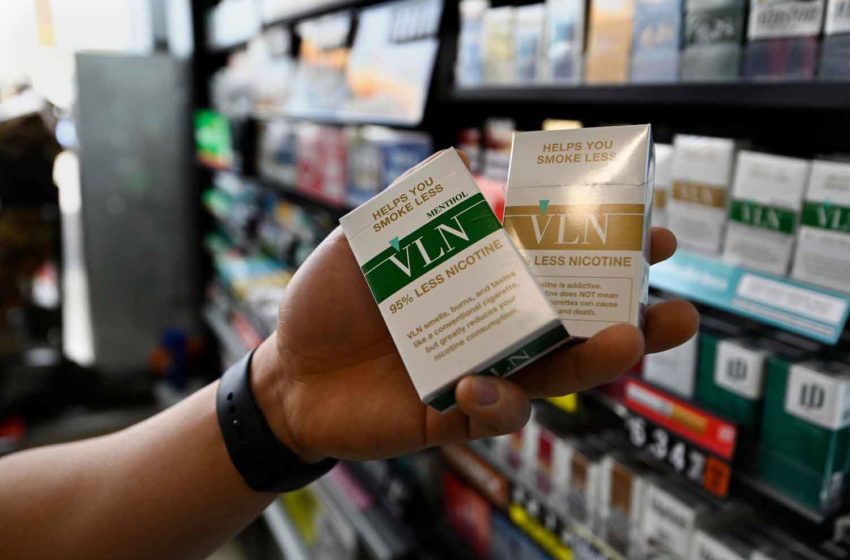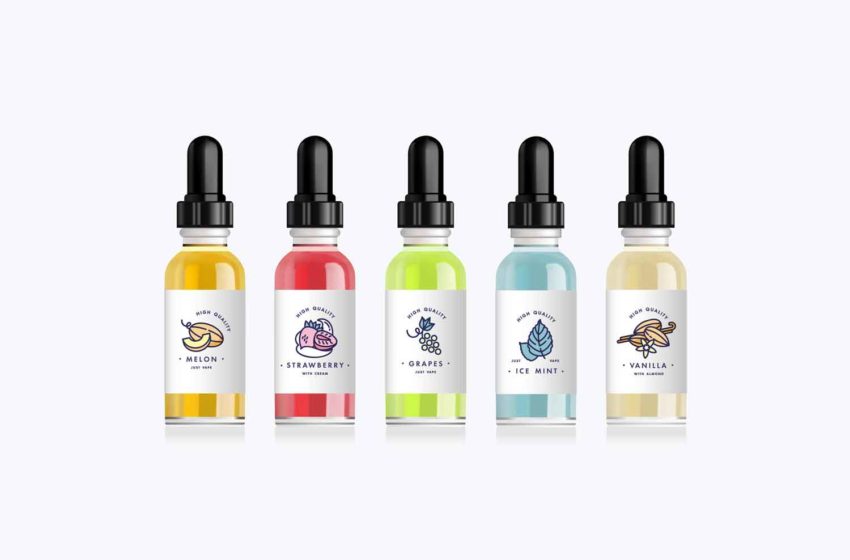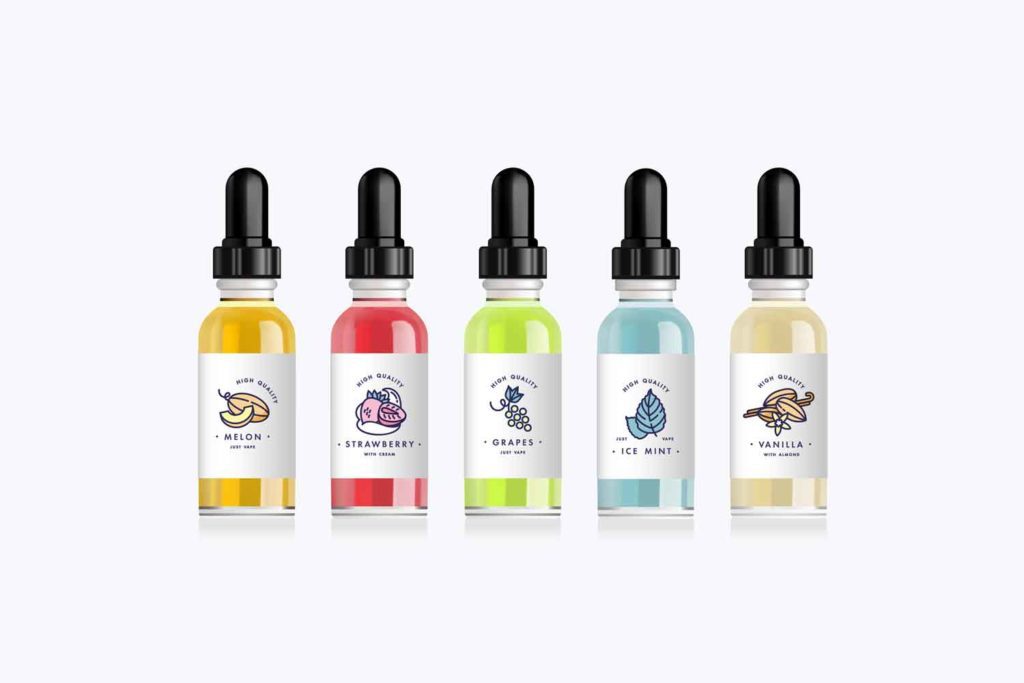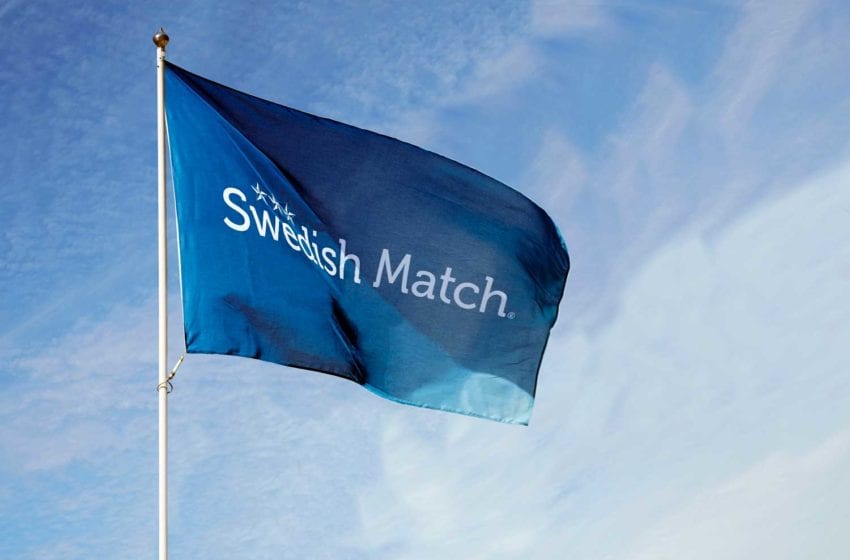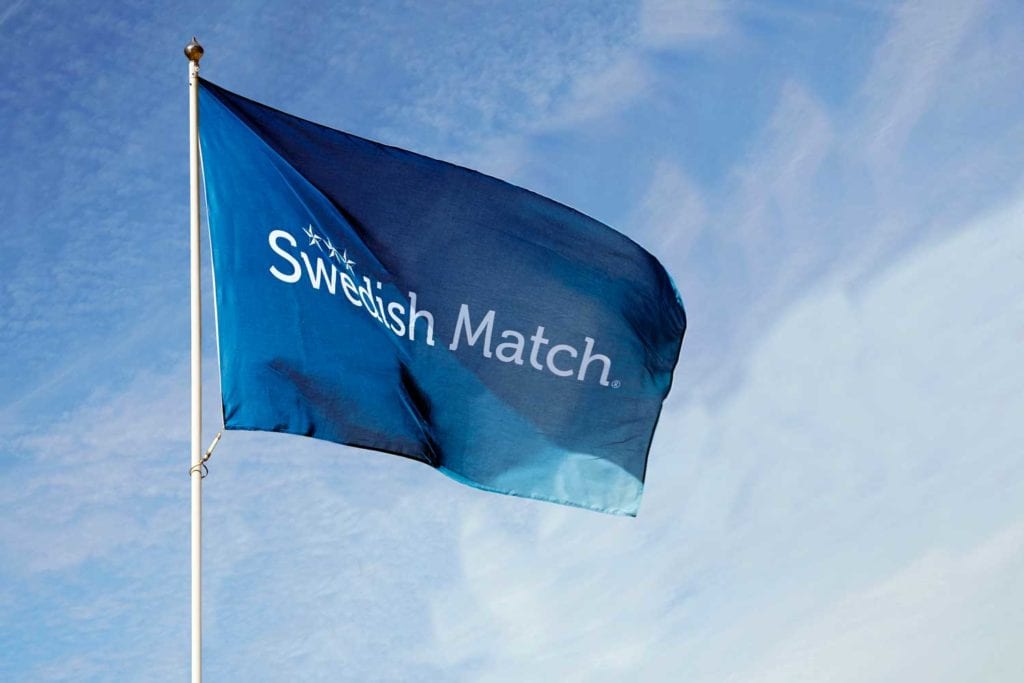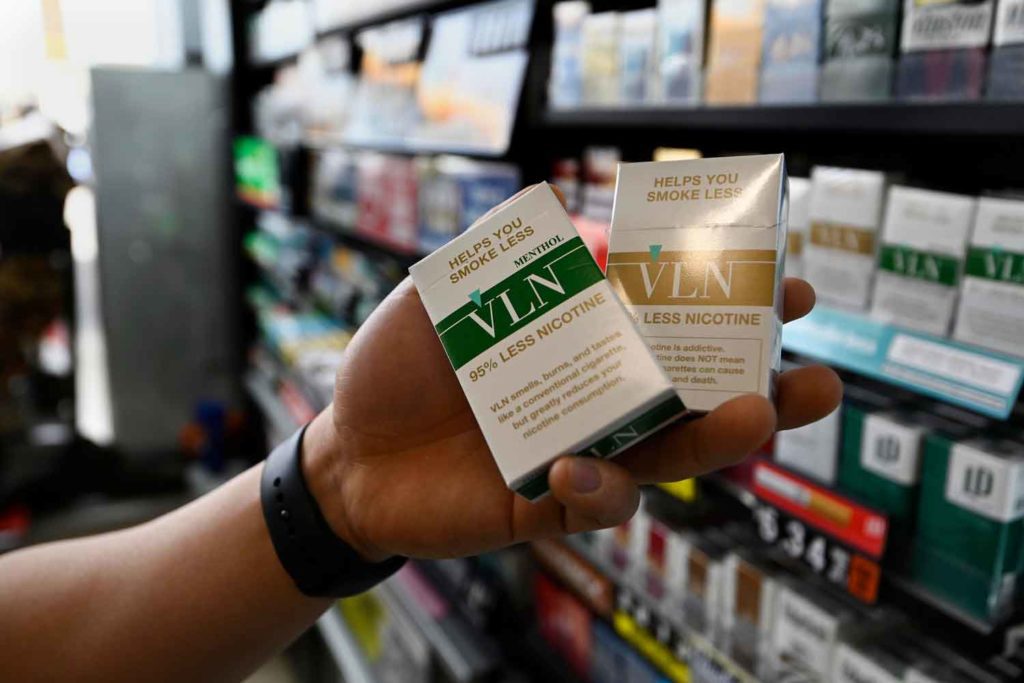
22nd Century Group welcomed the results of a recent study that found switching to reduced-nicotine content (RNC) cigarettes “reduces toxicant exposure and increases smoking cessation without worsening mental health among smokers with mood or anxiety disorders.”
According to 22nd Century, the study conclusively dispelled a common misconception that RNC’s may exacerbate general health and mental health problems. The study also concluded that a national nicotine reduction policy for cigarettes will likely result in reduced nicotine absorption and likely result in greater smoking cessation from smokers with mood and anxiety disorders.
The study examined adult smokers with a current or lifetime anxiety or unipolar mood disorder. The participants were randomly assigned to smoke conventional cigarettes or 22nd Century’s RNC research cigarettes. Adult smokers who were assigned to smoke 22nd Century’s RNC cigarettes had significantly lower cigarette consumption, lower cigarette dependence, lower plasma cotinine (metabolite of nicotine) and lower exhaled carbon monoxide than smokers assigned to the conventional group.
At the end of the study, despite having selected only participants not intending to stop smoking, those randomized to the group using 22nd Century’s RNC cigarettes were more likely to have quit smoking.
“Study after study, reduced-nicotine cigarettes are shown to be beneficial to adult smokers. The combination of reduced-nicotine cigarettes and a proposed nicotine standard have the potential to forever change the trajectory of public health by helping adult smokers smoke less,” said James A. Mish, chief executive officer of 22nd Century Group, in a statement.
“Based on last week’s comments from FDA’s [U.S. Food and Drug Administration’s] Center for Tobacco Products Director, Dr. Brian King, we are confident the FDA will use its existing authority to advance both a reduced nicotine policy and a menthol ban. These policies and 22nd Century’s reduced-nicotine cigarettes are expected to save millions of lives and increase the chances that current smokers quit. Our VLN reduced-nicotine content cigarettes are backed by clear science and evidence, which support FDA’s proposed product standards, and are the only FDA-authorized combustible product able to meet the stringent reduced nicotine levels determined by the FDA to be ‘minimally or nonaddictive.’”

